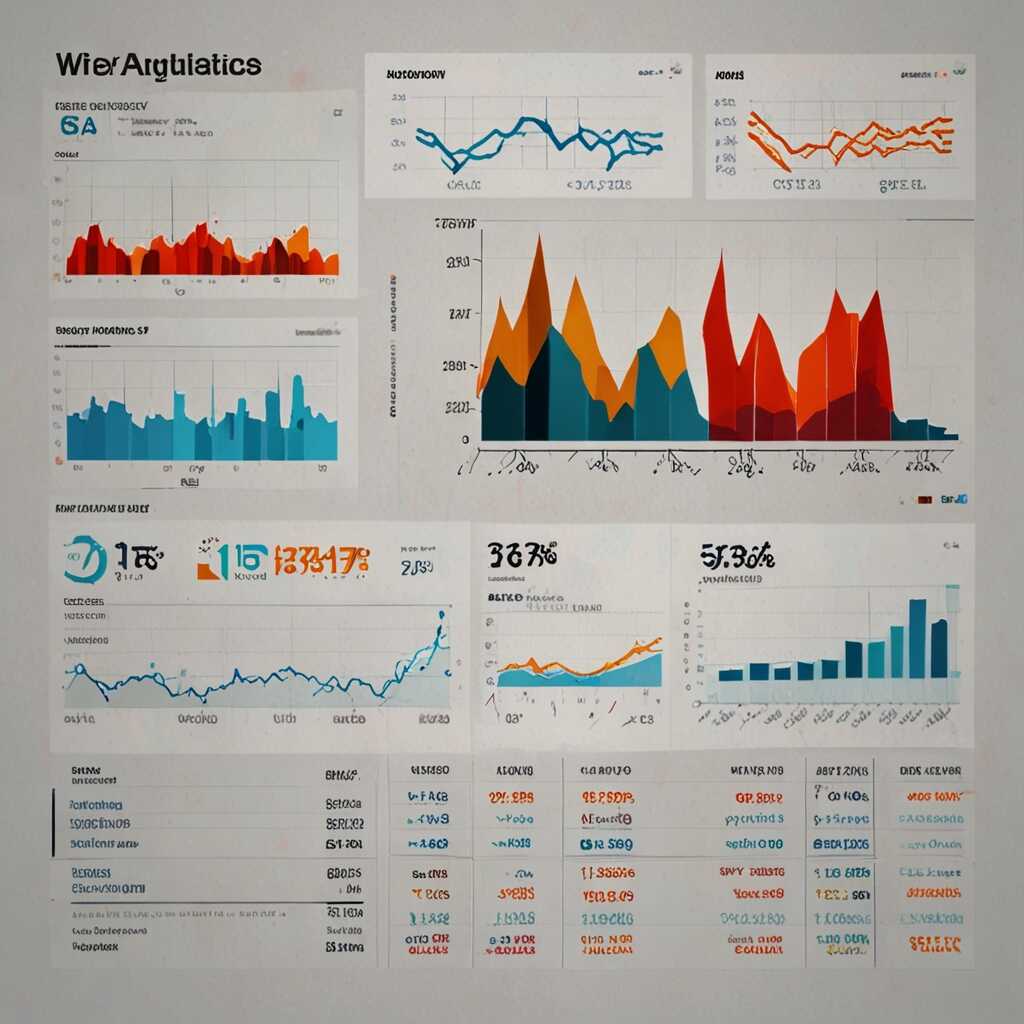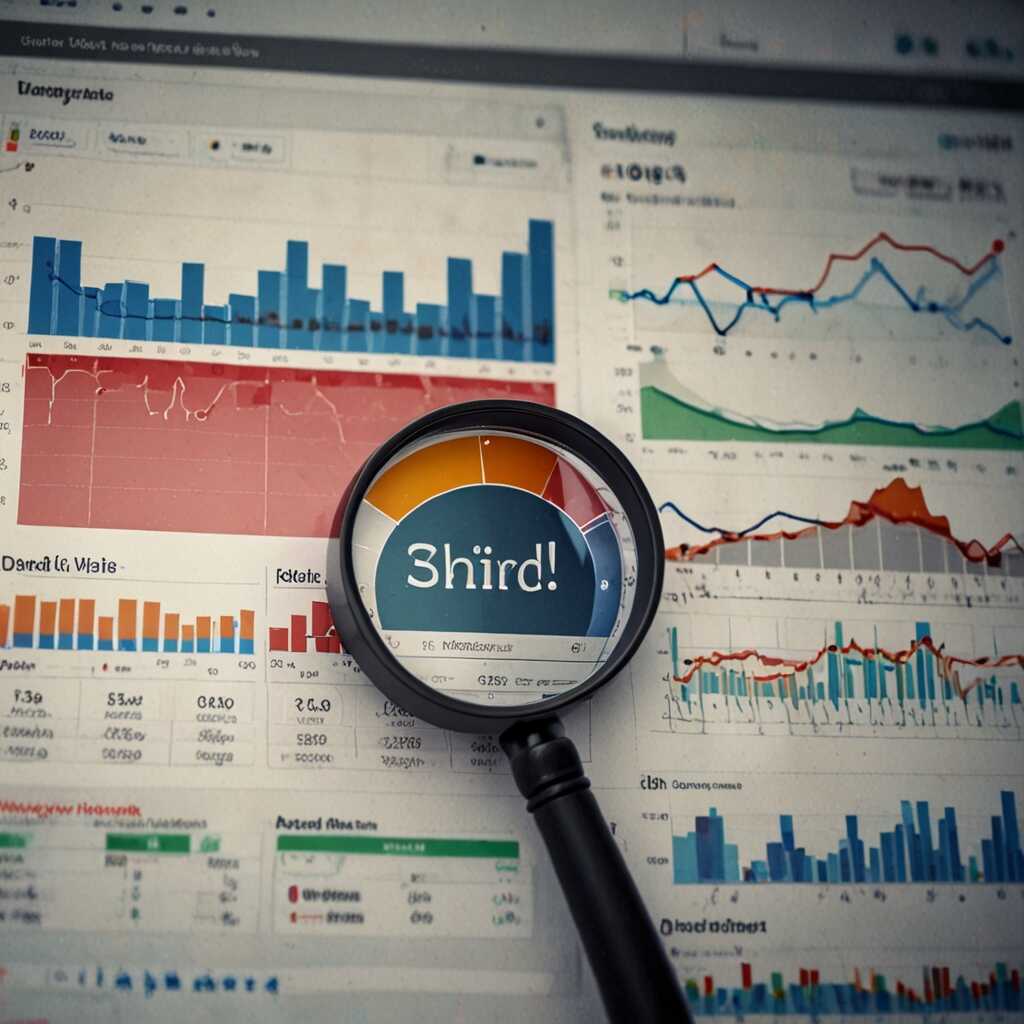In this article, we will explore how Vancouver businesses can effectively track local traffic using Google Analytics. By leveraging the power of data, local businesses can gain valuable insights into their customer behavior and enhance their marketing strategies. Metrics Rule, your trusted SEO partner in Vancouver, emphasizes the importance of data-driven decisions for improving business performance and increasing local customer engagement. Understanding how to analyze traffic patterns can help Vancouver entrepreneurs optimize their online presence and drive better results.
Overview of Google Analytics for Local Traffic Tracking
Google Analytics is a powerful tool that helps local businesses in Vancouver track their website’s performance and visitor behavior. It provides insights into local traffic patterns, enabling businesses to understand who is visiting their site and how they found it. This information is essential for making data-driven marketing decisions. Key features include the ability to track metrics such as page views, average session duration, and geographic locations of visitors. Businesses can use this data to enhance their digital marketing strategies and improve overall performance. Additionally, Google Analytics offers various reports, including real-time data, audience insights, and traffic sources, which collectively help analyze local traffic effectively.
Key Features of Google Analytics for Enhancing Local Traffic Insights
One of the key features of Google Analytics is its ability to segment traffic based on location. This allows Vancouver businesses to see not just the total number of visitors but also their origins—essential for optimizing local SEO strategies. The platform includes features like event tracking, enabling businesses to track specific actions, such as clicks on local promotions or contact forms. Moreover, Google Analytics provides automated insights that highlight trends and patterns in local traffic, supporting decision-making processes. By leveraging these analytics capabilities, businesses can ensure they are effectively reaching their target audience and optimizing their online presence for better local engagement and visibility.
Steps to Set Up Google Analytics for Your Local Business
To effectively set up Google Analytics for your local business, follow these essential steps: First, create a Google Analytics account and property for your website. Next, add the tracking code on your website, ensuring all pages are covered for accurate data tracking. After installation, configure your account settings by setting up goals to measure important actions on your site, such as contact form submissions or purchases. Utilize filters to focus on local traffic from Vancouver, enabling you to see relevant data clearly. Lastly, link Google Analytics with Google Ads and other data analysis tools for enhanced insights that help you improve your marketing strategies.
Integrating Google Analytics with Other Tools
Integrating Google Analytics with other marketing tools like Google Ads and social media platforms amplifies your local business tracking capabilities. This process enables you to view combined data from various sources, such as website performance and ad campaign results. For instance, linking Google Ads with Google Analytics will provide detailed insights on user behavior after they click on your ads, allowing better decisions based on actual performance data. Moreover, using Customer Relationship Management (CRM) systems in conjunction with GA offers a 360-degree view of customer interactions, which is crucial for enhancing local engagement strategies and optimizing conversion funnels.

Analyzing Sources of Local Traffic in Google Analytics
To effectively track local traffic, businesses in Vancouver can utilize various features in Google Analytics. Tools such as “Acquisition Reports” allow you to see how local customers find your website. You can analyze where they come from, whether it’s organic search, direct URLs, or referral sites. Setting up “Goals” also enables you to track important actions on your site, providing insights into customer behavior and their journey beyond the initial visit. Additionally, using segmentation can help you pinpoint specific demographics and interests of local traffic.
Understanding Traffic Sources to Optimize Local Marketing Strategies
When local businesses analyze their website traffic sources, it is essential to understand the different channels driving visitors. Google Analytics categorizes traffic into several sources: organic search, direct traffic, referral traffic, and social media. For instance, businesses might discover that 60% of local traffic comes from organic search, revealing a successful SEO strategy. Regular reviewing of these insights helps enhance marketing efforts, targeting customers more effectively based on where they engage most. Furthermore, utilizing tools like audience demographics helps tailor content to meet local customer preferences, significantly improving overall engagement.
Key Statistics About Local Traffic Analysis
- Over 70% of users read online reviews before visiting local businesses.
- Vancouver businesses using Google Analytics can track local traffic with precision.
- Mobile devices account for approximately 60% of local search traffic.
- Approximately 50% of local searches result in a store visit within 24 hours.
- Using Google Analytics can increase conversion rates by up to 200%.
- Roughly 30% of local searches lead to a purchase, highlighting the potential for sales.
- 57% of consumers prefer using Google to find local business information.

Understanding User Behavior and Engagement Metrics
Tracking user behavior effectively with Google Analytics enables Vancouver businesses to make informed decisions. Key engagement metrics to focus on include session duration, pages per session, and bounce rate. Understanding these metrics provides insights into how visitors interact with a website, helping to enhance customer interactions. Businesses can set up to 20 goals in Google Analytics to track conversions, allowing them to measure whether visitors complete desired actions. By analyzing local traffic, businesses can continue improving their strategies, resulting in robust performance metrics.
Essential Engagement Metrics for Local Businesses
For local businesses in Vancouver, understanding essential engagement metrics in Google Analytics is crucial. Metrics such as average session duration reveal how long users stay on a site, indicating content relevance. The bounce rate helps pinpoint pages that may need optimization to retain visitors. Furthermore, tracking conversions through specific goals allows businesses to see which marketing efforts are successful. By focusing on these metrics, local businesses can enhance their marketing strategies and drive more effective engagement with potential customers.

Using Geographic Data for Effective Target Marketing
Vancouver businesses can greatly benefit from leveraging geographic data available in Google Analytics to improve their targeted marketing efforts. By analyzing visitor location data, businesses can tailor marketing messages to specific neighborhoods, cities, or regions, effectively engaging the local audience. Geographic insights can provide information about where the bulk of local traffic is coming from, allowing businesses to focus their resources on areas with the highest potential for conversion. This ensures that marketing strategies resonate with residents, enhancing brand loyalty and driving sales.
Identifying Key Local Demographics for Better Engagement
Identifying key local demographics is essential for any Vancouver business looking to enhance its marketing effectiveness. By utilizing geographic data, businesses can uncover valuable insights about their audience, including age, interests, and behaviors specific to a particular area. This knowledge allows for a deeper understanding of the local market and can help improve the performance of digital marketing campaigns. Businesses can start by segmenting their audience based on geographic information gathered from Google Analytics and tailoring content and offers to meet the needs of local customers. This targeted approach not only enhances customer engagement but also boosts the overall efficiency of marketing efforts, leading to proven results.
Benefits of Tracking Local Online Visitors
- Businesses gain insights into customer behavior through data-driven decisions.
- Google Analytics allows for targeted marketing strategies to enhance local outreach.
- Tracking conversions leads to improved customer acquisition methods.
- Utilizing Google Analytics helps understand peak traffic times for better scheduling.
- Analytics tools support identifying which products or services drive local interest.
- Users can compare local traffic metrics against competitors for better positioning.
- Improved user experience through tailored content based on analytics insights.

Setting Marketing Goals and Tracking Conversions
Setting specific marketing goals in Google Analytics involves defining clear objectives that align with your business strategy. This means identifying target metrics such as website visits, lead generation, or sales conversions. Vancouver businesses must use custom dimensions and events within Google Analytics to track conversions effectively. Consistently reviewing these metrics allows you to assess the reliability of your marketing efforts. Research shows that businesses that closely monitor their conversion data often improve their performance significantly. For instance, local businesses can expect to see better results if they implement a regular review cycle of their conversion rates.
Best Practices for Tracking Marketing Conversions
To enhance your tracking of marketing conversions, utilize Google Analytics’ advanced features such as goals and funnels. Setting up goals allows you to specify targets such as newsletter sign-ups or product purchases. Meanwhile, funnel visualization helps you understand user navigation before conversions occur. This enables quick identification of drop-off points, facilitating effective adjustments. Aim to track multiple conversion paths, including e-commerce transactions and form submissions, to gain comprehensive insight into your performance. The more data you collect about user interactions, the better equipped you will be to refine your marketing strategies in Vancouver.
Evaluating Local SEO Performance through Analytics
Businesses can evaluate their local SEO performance through several key metrics in Google Analytics. First, it’s vital to review the Audience Overview report, which shows demographic information about users visiting your site. Analyzing the Geographic report is essential, as it provides insights into where your local traffic originates. Common metrics to focus on include session duration, bounce rate, and pages per session. Tracking events like form submissions or purchases allows businesses to measure engagement and effectiveness in converting local users. Many businesses can expect to track hundreds to thousands of unique visitors each month based on their local SEO initiatives.
Key Metrics for Local Traffic Evaluation
To effectively evaluate local traffic metrics, understanding specific key metrics is crucial. Google Analytics provides various reports designed to track local engagements. For example, the Acquisition report helps you see how local users find your site, whether through organic search or direct visits. Additionally, the Behavior Flow report enhances your ability to analyze user interactions on your site. This data allows you to pinpoint areas that need improvement for better online visibility. Using this information strategically will improve your local SEO performance and can yield substantial increases in user engagement, helping Vancouver businesses compete effectively in the digital landscape.
Brands and Their Local Traffic Tracking Features
- Google Analytics offers comprehensive tracking and reporting features for businesses.
- SEMrush provides valuable competitive analysis and keyword tracking for local SEO.
- Ahrefs focuses on backlink analysis but lacks detailed local traffic metrics.
- Local businesses benefit from Google My Business listings for improved visibility.
- Crazy Egg gives heat map functionality but is less effective at tracking traffic sources.
- HubSpot provides inbound marketing tools for local targeting but can be complex for beginners.
- Moz offers local SEO features but may not provide detailed analytics like Google Analytics.
Leveraging Data for Strategic Business Improvement
Local businesses can gather key insights from Google Analytics to understand customer behavior, traffic sources, and website performance. These insights allow businesses to make data-driven decisions, enhancing local traffic analysis and identifying the best-performing aspects of their digital marketing strategies. By leveraging these Google Analytics insights, businesses can implement specific strategies like optimizing their website for increased engagement, tailoring their content to customer preferences, and tracking the effectiveness of ongoing campaigns. Effective data analysis can lead to substantial increases in conversion rates—sometimes by as much as 20% in Vancouver.
Utilizing Google Analytics for Enhanced Customer Engagement
Businesses can utilize Google Analytics to enhance customer engagement by analyzing user behavior on the website. Essential metrics such as bounce rate, time on site, and conversion funnels provide reliable information about how well your site meets customer needs. Optimizing your website based on these metrics can enhance user experience dramatically. For example, if you discover that users leave quickly after viewing specific pages, you can adjust the content or design to be more appealing. Additionally, leveraging AI tools alongside Google Analytics helps to refine these insights for even better performance metrics.
